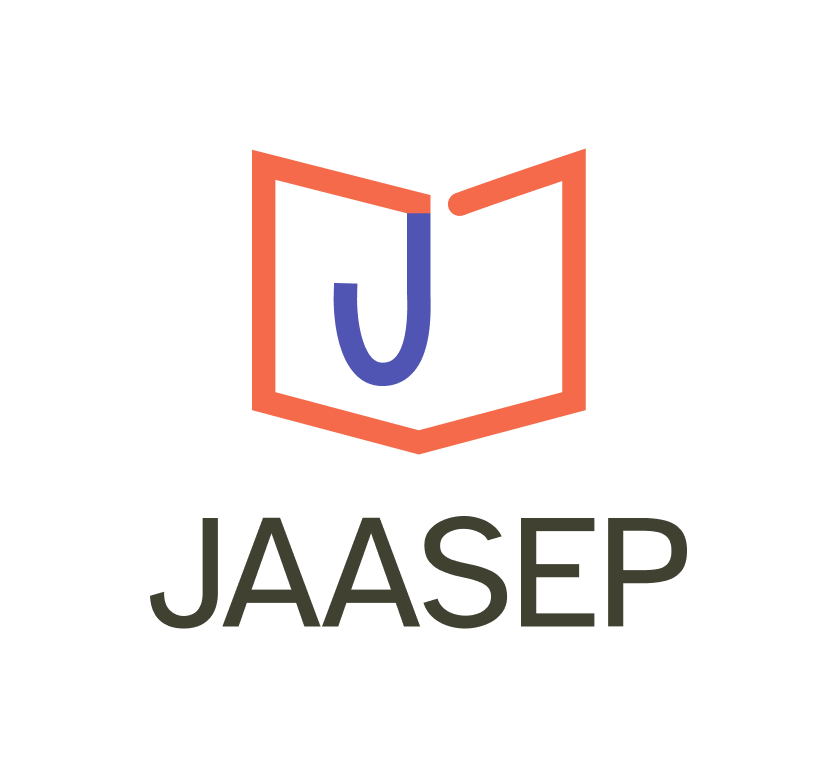Starting from:
$4.95
Speech-Language Services in Public Schools
Abstract:
Public school districts must determine which students are eligible to receive special education and related services under the Individuals with Disabilities Education Act (IDEA). This study, which involves 39 interviews with speech-language pathologists and school administrators, examines how eligibility recommendations are made for one widely provided service: speech-language therapy. A key finding of this study is that the policy infrastructure guiding eligibility decisions has areas of significant ambiguity leading SLPs to face uncertainty about who should be found eligible for speech-language services. This ambiguity in policy opens the door for economic and legal factors to detrimentally influence the eligibility determination process resulting in high numbers of eligible students and correspondingly large SLP caseloads. Specifically, the litigious environment in which school districts operate puts SLPs on the defensive in the eligibility determination process. Further, speech-language therapy is increasingly utilized as a safety net given the lack of other resources available to academically struggling public school students. Finally, SLPs receive little administrative support or supervision further exacerbating their vulnerability to external pressures when making eligibility decisions. While focusing specifically on the eligibility decision process for speech-language services, this paper highlights issues that are likely applicable to how eligibility decisions for special education services are made more broadly.
1 file (639.1KB)



